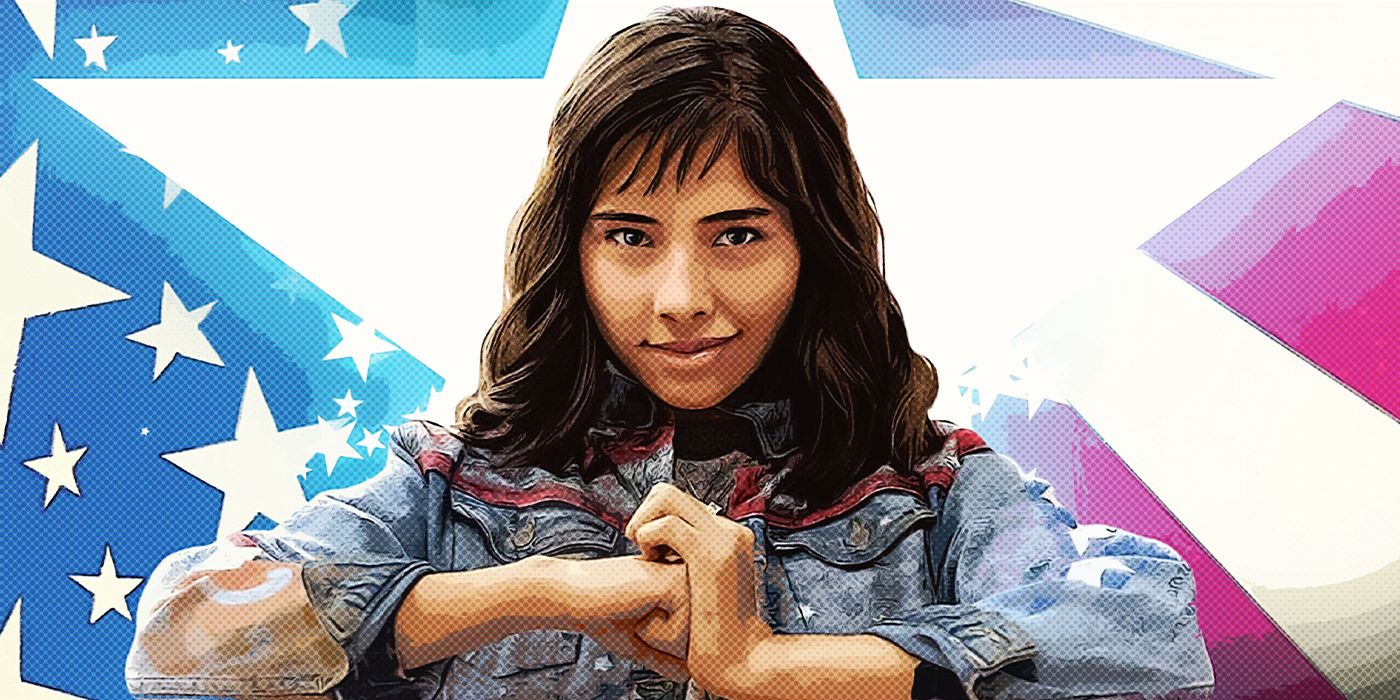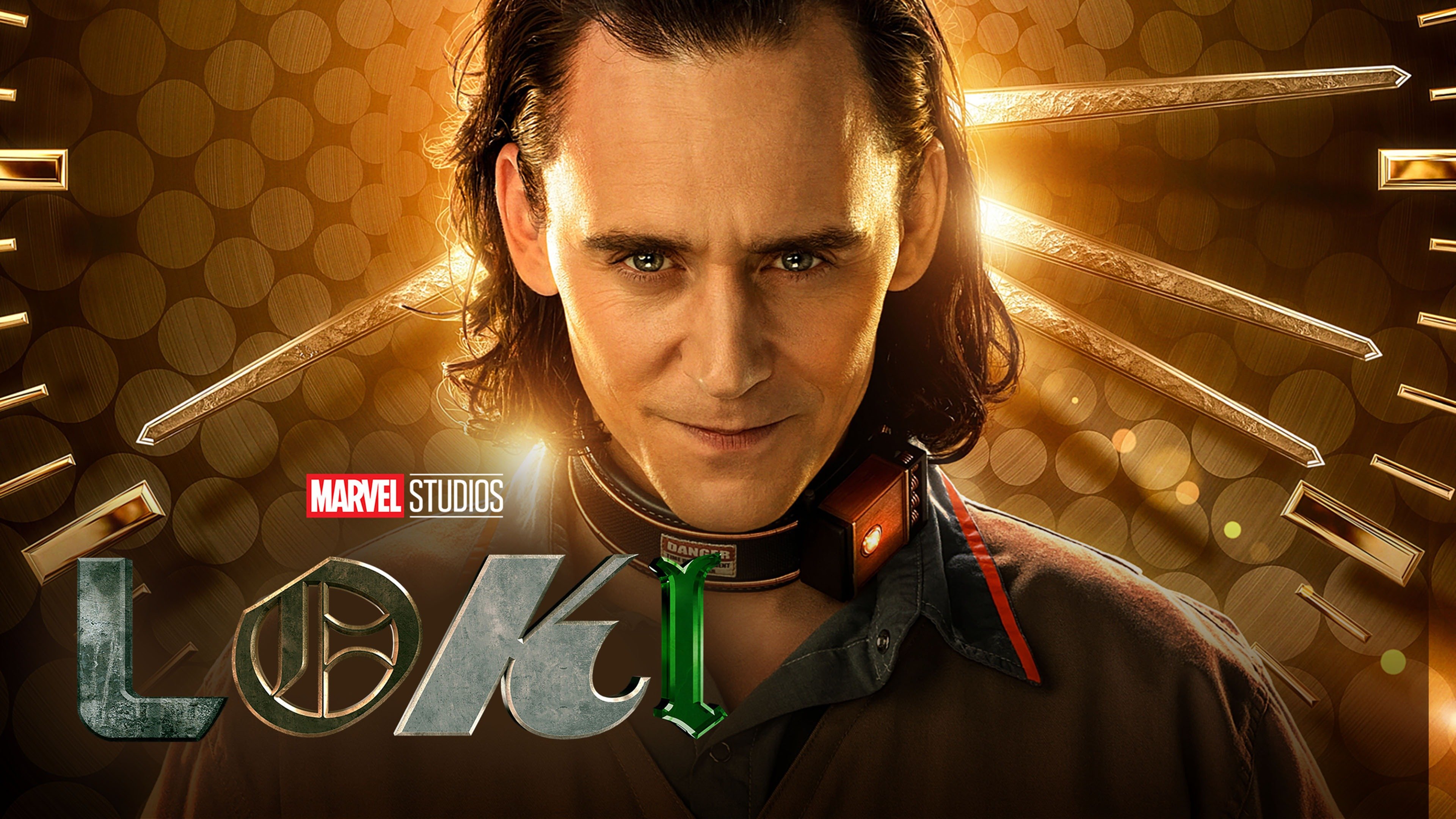Over this past weekend, I finally began catching up on the fourth phase of MCU (Marvel Cinematic Universe) movies- Black Widow, Shang-Chi and the Legend of the Ten Rings, Doctor Strange in the Multiverse of Madness, and more, as well as some of the TV shows. Additionally, I rewatched some of my personal favorites such as Iron Man, Captain America: The Winter Soldier, Avengers: Age of Ultron, etc.
Something that I had taken notice of was how the newer movies had much more representation; take, for example, the new Doctor Strange movie, which showcased both a powerful queer Latina side character, known in the comics as Miss America, and referenced that her parents were two women.
This isn’t the first time I noticed Marvel’s consistent progression of inclusivity and queer representation; I remember seeing Avengers: Endgame in theaters just a few years back and being over-the-moon excited about the blink-and-you’ll-miss-it scene where- for those of you have yet to see the movie or even blinked and missed it- Captain America (otherwise known as Steve Rogers) is hosting a therapy group for those affected by the recent tragedy known as “the blip”. In the scene, one of the characters (of whom we never even learn the name, because his actual character is completely irrelevant to the film) mentions how he recently went out with another man. That’s it. That’s the whole scene; but yet, I saw it as such a great step. As a queer person who grew up on the MCU and Marvel comics, who’s been a fan since the very first Avengers film came out just two days before my eighth birthday, and who wanted to be a robotics engineer just like Iron Man (yes, that’s completely true; although my distaste for math has grown exponentially), a scene as simple as that meant everything to me.
The Marvel cast and production team, especially (may he rest in peace) Stan Lee– the author and illustrator of Marvel Comics- have consistently and productively used their wide and influential platform to convey “controversial” topics that many other companies are too scared to talk about (they don’t just stop at queer issues either; take Black Panther, which unapologetically discusses the mistreatment of black people and many BIPOC in America and other western civilizations, as well as the misassumption that developing countries are less-than or incapable of handling their own people and/or economics).
This, finally, leads me to the actual point of today’s blog post; the progression of LGBTQ+ characters in the MCU. Basically, who else is queer?
Firstly, let’s talk about the Thor movies as a whole; this sub-series in the MCU has more than just one openly LGBTQ+ character:
Let’s discuss Valkyrie. Played by the talented Tessa Thompson, Valkyrie is a traumatized-yet-fierce warrior who was first introduced to us in Thor: Ragnarok (which, in my humble opinion, is one of the best Marvel films to this day), with a tragic backstory about her fellow warriors who had all perished in battle. She became an immediate fan favorite due to her snarky personality, as well as her ability to promptly focus on the battle at hand (and, I mean, come on- who doesn’t love a strong female character?). Additionally, in the comics she was identified as bisexual (shout-out to my man Stan Lee) and will continue to be bisexual in the films, and even be involved in an LGBTQ+ relationship in the future (shout-out to my man Taiki Waititi).
A second openly queer character with great importance in the Thor franchise is another a fan-favorite-Thor’s brother Loki, god of mischief. Loki is not only an openly queer character, but he also falls under two different labels (man, marvel just loves to check off my list from my last post). In the comics, Loki is confirmed to be genderfluid after showcasing himself as both male and female; this also aligns with actual Norse Mythology, which describes Loki as genderfluid as well. Additionally, in the recently produced six-episode show Loki (what a creative name), there is a scene between the Loki we know and an alternative version of himself, where they are discussing past relationships. In said scene, the alternative version asks, “Must have been would-be princesses? Or perhaps another prince?” To which Loki replies, “A bit of both,” thus confirming his sexuality on the big screen. So, not only is Loki genderfluid, but he’s also bisexual! Talk about representation!
The queer characters don’t end there; many more are confirmed off-screen to be queer, such as Tim Millers, the director of Deadpool, confirming that the protagonist is pansexual- however, we have yet to see that on screen. Or even the numerous comic-only characters who have also been confirmed and shown to be queer; i.e. Wiccan and Speed from the Young Avengers franchise (the same as Miss America), Moondragon, a character who will likely soon be entering the MCU in the aftermath of Guardians of the Galaxy Vol. 3 and many more.
The MCU continues to break boundaries and to show that you can be a hero regardless of how you identify; whether that pertains to race, ethnicity, sexuality, gender identity, or anything else.

/cdn.vox-cdn.com/uploads/chorus_image/image/57444111/valkyrie.0.jpg)

I also grew up watching Marvel (still have yet to read the comics) and your post about queer representation within their newer movies was fantastic. I never actually put much thought into Loki’s gender/sexuality, probably because it was mentioned so subtly, but I think that fact alone that in the alternate universes (as shown in the Loki series) Loki has different genders (and apparently is also a crocodile?) opens so many doors as to what that means for his identity. Even though I found America to be an extremely annoying main character in Doctor Strange MOM, I do appreciate her backstory and the subtle but powerful way she brought queer representation into the film (especially her jacket – amor es amor!). I also forgot how great Valkyrie is as a character. She is so unapologetically herself in so many dimensions, that she is easily one of my favorite Marvel characters, especially in the new Thor movie! Thanks for providing such an in-depth analysis of the recent Marvel movies, I really appreciate how they are able to subtly but powerfully bring queerness into the everyday life aspects of the films!
I am a huge fan of the whole MCU universe, but this has opened my eyes to many topics I glace over when watching the movies. I found this post interesting as it opened my eyes to the topics and issues that the MCU has been addressing throughout the films, even if it was something subtle. It is nice to see that the MCU wants to make a community where everyone feels welcome. When looking at your writing, I see how you did a good job incorporating punctuation throughout the text such as hyphens, semicolons, and parenthesis.
I found this blog post so interesting! When I first read the title, I immediately thought of Loki and Deadpool, but I did not even remember Valkyerie. When reading about how these characters are examples of Queer diversity and representation, I like how you gave the specific moments fans learned about their sexual orientation. Marvel did a great job sharing the sexuality of these characters with viewers, without having to flamboyantly announce it. This representation goes to show that there are not all cookie-cutter superheroes, but rather a wide array of diverse superheroes who come from all walks of life.
I really liked reading this post, it had a hopeful feeling to it. It is always comforting to see how some companies will take note that representation is important. Especially with how our world is always evolving, it makes these shows, or movies more realistic. It shows kids and everyone that you can identify as what you want and still be a superhero etc. There is no outline for the ”ideal” superhero.
The MCU is definitely very on top of the game when it comes to representation on the big screen! I like how they normalize it rather than simply doing it for attention. The little moments like the man in the therapy session make it more realistic and relatable for many people!